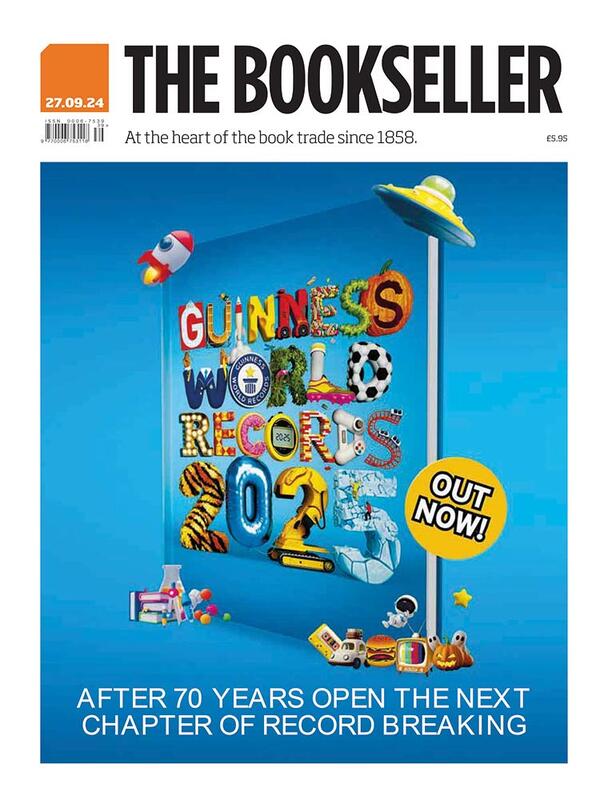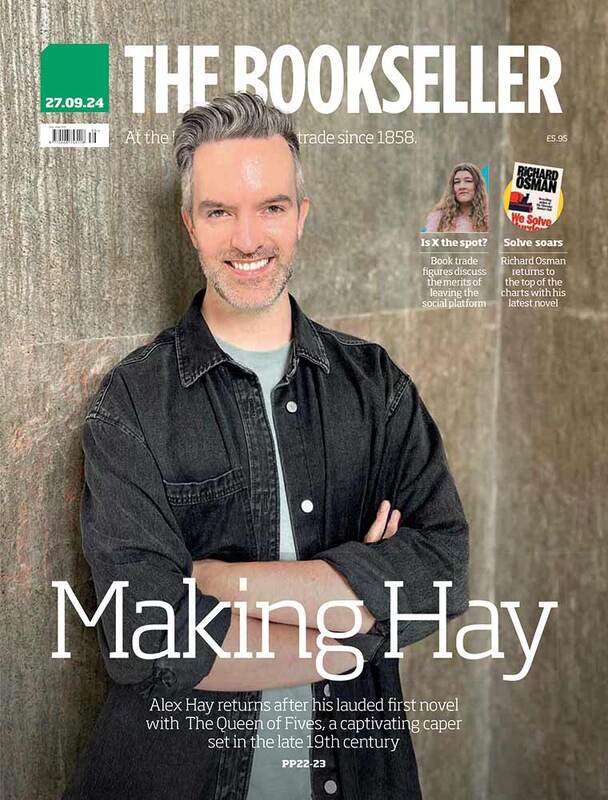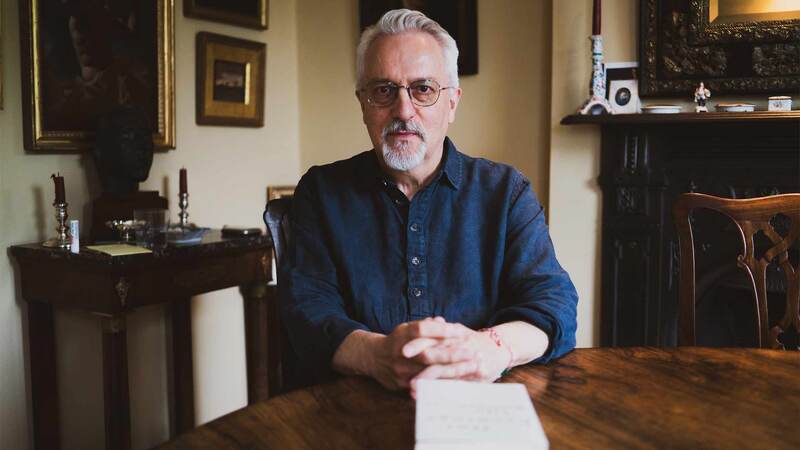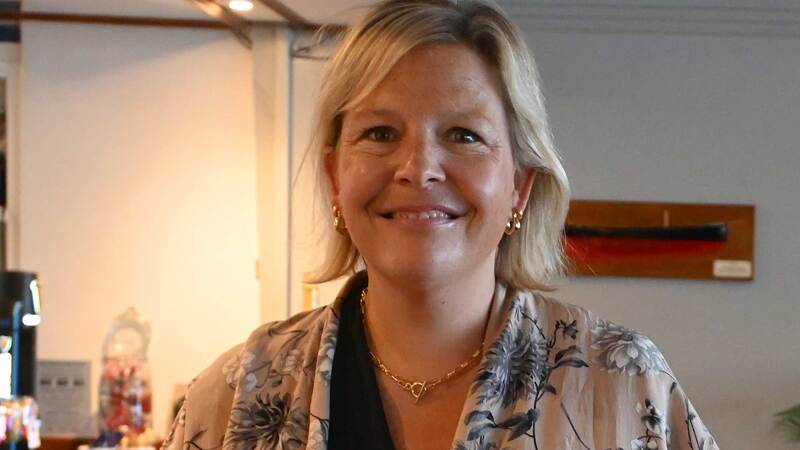You are viewing your 1 free article this month. Login to read more articles.
Sharon Creech: Carnegie needs trade support
Sharon Creech, this year's winner of the Carnegie Award for Ruby Holler (Bloomsbury), is no stranger to children's book awards on both sides of the Atlantic, having been twice shortlisted for the Carnegie (The Wanderer and Love That Dog) and having won the US Newbery Medal for Walk Two Moons in 1995 and a Newbery Medal for The Wanderer in 2001.
Creech has lived and worked in both the US and UK. She spent 17 years in the UK, teaching at an American school, but now lives in the US. While winning the Newbery Medal was a "life changing experience", she feels that children's book awards in the UK do not attract the same level of attention.
"When I received the Newbery, I did not know much about it or what to expect. I do now. Virtually every child and certainly every librarian and bookseller knows what the Newbery is, it's very high profile and winning it changes artists' lives," she says. "There's a bombardment of interest, not just from the media, but a lot of educational organisations, and the expectation that you will travel to library and educational conferences throughout the US. That still goes on to this day."
But she adds: "When I was in the UK after receiving the Newbery, there was very little understanding of that or capitalising on it--there was not much transfer of the rabid enthusiasm that goes on for Newbery in the US."
There is growing interest in the UK in the Carnegie Medal, although support from the trade remains limited. Anne Marley, chair of the Youth Libraries Group Carnegie and Greenaway judging panel, says: "Booksellers are missing a great opportunity in not getting behind Carnegie/Greenaway. Parents are desperate for recommendations of good books, and that is exactly what the Carnegie shortlist provides."
However, media coverage of the award has increased significantly in the past five or six years since Melvin Burgess' controversial novel Junk (Andersen Press) won in 1997. Before her week-long visit to the UK for the presentation last week, Creech already had some seven or eight major newspaper interviews planned. There is also much more awareness of the award in schools, largely thanks to the Carnegie "shadowing" scheme where children are encouraged to read the shortlist and vote for their own winning choice. Peters Bookselling Services, which sells packs of the shortlist into schools, says sales are up some 50% on two years ago.
As for Ruby Holler itself, Creech has already had considerable feedback from children and teachers around the world. She says: "I think a lot of students are relieved not to have to read a book about social issues. There are a lot of those around, you need to have them, and some of them are great books--just look at the Carnegie shortlist. But sometimes that immersion in storytelling, that experience and feeling of being in a place that is beautiful and restores you, where people are good and it can nurture you, is important."
Among the hundreds of letters she received was a package from a teacher in New Zealand, who had asked children in her class to write about their own Ruby Holler. Creech says: "They wrote about places that to them were beautiful and open and free--it was often where their grandparents lived and where they felt comfortable. Children are bombarded by film, television and newspaper reports showing what is wrong in the world. This is a simple adventure story where everything turns out right."









